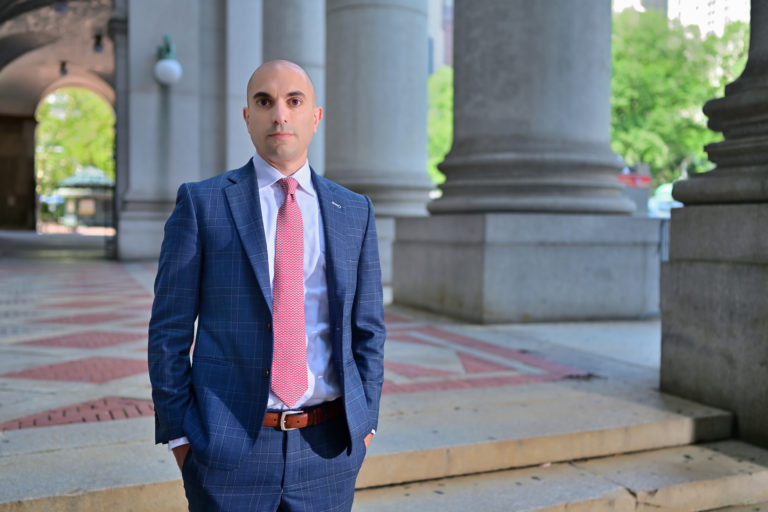Ponzi Scheme Highlights High Risk of Private Equity Investments
By: Stellar Image Media

Press Release (October 22, 2021)
Return to Home PageOn February 4, 2021, the United States Department of Justice announced the arrests of the owners of a private equity fund called GPB Capital. News of the arrests and the government’s allegation that GPB was a complex billion-dollar ponzi scheme quickly made national headlines. Since that time, the media attention has largely faded as the government’s case against GPB meanders leaving thousands of investors, many older retirees, with unanswered questions and empty bank accounts.
There are currently thousands of retail investors with hundreds of millions of dollars tied up in GPB sponsored investment funds, including GPB Automotive and GPB Armada Waste. Many of the victims of the Long Island, New York based ponzi scheme were retirees lured into the investment with the promise of high dividend income and the allure of a “private equity fund.” Ultimately, the promises used to sell GPB turned out to be too good to be true. Richard Best, Director of the SEC’s New York Regional Office, said in a statement made in February 2021 that GPB, “told investors that they would be paid distributions from profits of the portfolio companies when, in reality, many of the payments were being made from the investors’ own funds.”
GPB was a sponsor of various private investment funds which were sold to retail investors through a loophole in the securities law. This loophole, known as Regulation D, allows investments to be marketed to investors without a company having to go through the extensive disclosures that are typically required with an IPO, explains securities attorney Marc Fitapelli. Under this loophole, investments cannot be marketed to the general public and could only be sold to a limited pool of accredited investors who are qualified through independent broker-dealers firms.
Investors in these private securities are normally provided a prospectus, but that document is not verified by the Securities and Exchange Commission. Instead, financial advisors play the role of “gatekeeper” by acting as intermediaries between investment sponsors and the public. It’s basically their job to protect investors from fraud. It’s a job that pays well. The fees and commissions paid to financial advisors on these transactions can often be as high as 10%. In the case of GPB Capital, it is estimated that the total sales commissions could have exceeded $100 million.
The financial advisors that pocketed this money could find themselves in hot water according to attorney Marc Fitapelli. His firm, MDF Law, is filing individual FINRA arbitrations all over the country against the firms that marketed GPB. Fitapelli and other plaintiff’s attorneys are hoping to hold advisors liable for missing red flags in the offering. “The signs of fraud were hard to miss,” he argues. The FINRA arbitrations are independent from the steps the government is taking to help the victims of the GPB ponzi scheme and could be a way for investors to recoup more of their losses.
The case of GPB capital highlights the high risk of private equity investments and the loopholes (called “exemptions” by securities attorneys), which allow these investments to continue to be sold. As with any investment, investors need to be diligent, conduct their own research and remember that if it sounds too good to be true, it probably is.
Photo Credit: MDF Law PLLC




